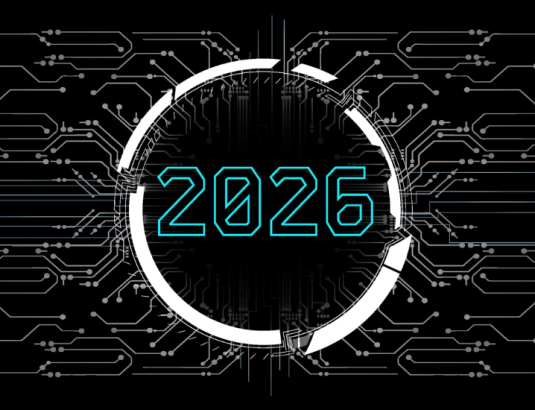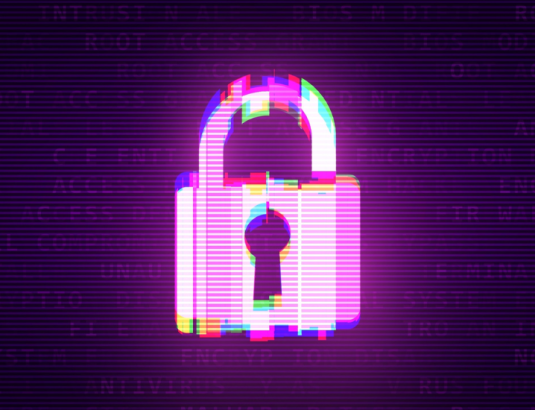


Cybersecurity in the commercial enterprise sector
Cyber-attacks are on the rise and as a result, many businesses are procuring solutions to protect their data. Unfortunately, small and medium-sized businesses do not consider themselves to be a target for cybercriminals and as a result they leave their data exposed and this is exactly what cybercriminals are exploiting.
The rapid increase in cyber-attacks, especially in the enterprise sector, is since all their operations are carried out digitally. Every connected device is a doorway for hackers to enter, for example, connecting staff from a different Wi-Fi provider can carry many risks. Remote working has equally contributed to the increase in attacks on businesses as the workforce’s devices are unprotected.
The emergence of artificial intelligence has brought even more risks in addition to ransomware attacks and data breaches. Artificial intelligence (AI) and machine learning (ML) are powerful tools for data analysis and automation but pose significant challenges for cybersecurity as these technologies can be manipulated to create sophisticated cyberattacks.
Data breach not only causes financial losses to commercial enterprises to mitigate the attack but also contains several consequences:
- Purchase and integration of new systems
- Possible fines
- Lawyers’ fees
- Tarnishes their reputation and erodes the trust of partners
- Likelihood of business interruption
An important step to avoid this development is to educate the workforce about the potential risks and the ethical use of these technologies. Also, seeking appropriate security solutions is essential to prevent and address threats. The appropriate choice will be made after determining the risks e.g. outdated software, inadequate authentication mechanism. Commercial enterprises need to improve their digital defense by creating a mitigation strategy and by complying with regulations while maintaining the trust of their partners.
But why is it considered necessary to strengthen the digital defense of commercial enterprises?
- They manage large amount of data, customer information and proprietary business information
- It is based on digital systems and a mistake can cost the business operational continuity
- This sector is subject to strict regulatory requirements on data protection and privacy, and non-compliance can lead to legal consequences
- The evolution of attacks requires integrated cybersecurity strategies that cover all aspects of the supply chain, from manufacturing to delivery
The rapid development of technology and the emergence of artificial intelligence has brought a wealth of opportunities and conveniences, but also several challenges in the field of security. By adopting a multi-faceted approach that includes encryption, regular updates, physical security measures, adherence to standards and user education, we can foster a more resilient and secure digital world.




